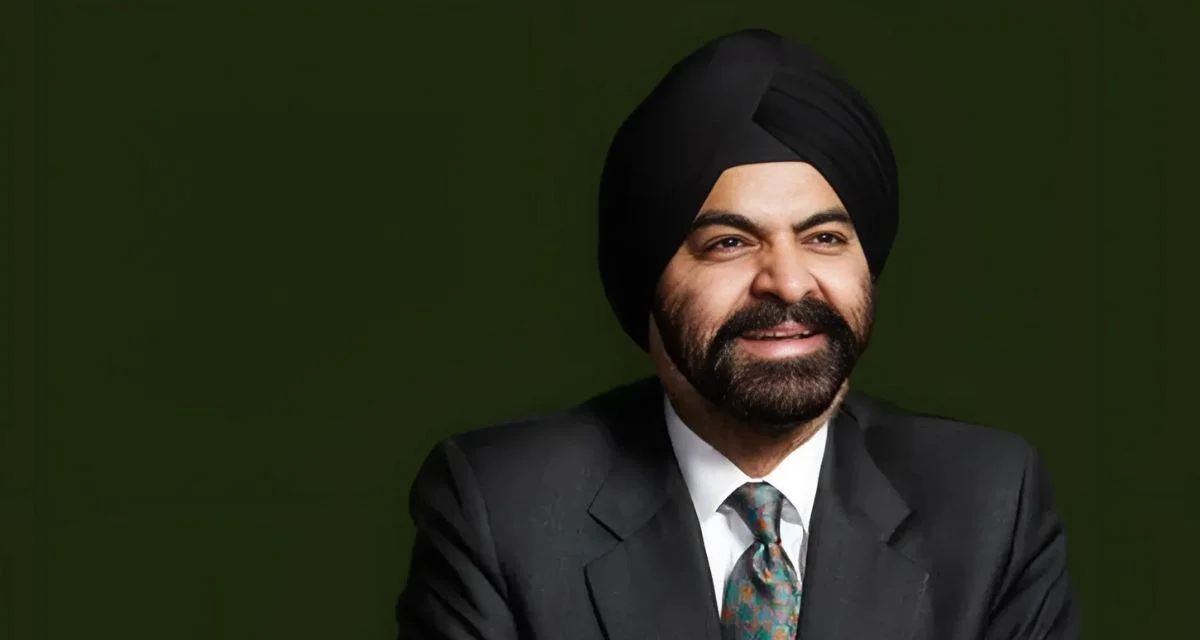Between 2014 and 2024, Azerbaijan made significant advancements in modernizing its judiciary system to improve access, transparency, and efficiency. This period saw the completion of 12 new court complexes across six jurisdictions. These facilities were designed with state-of-the-art technology and inclusive features such as ramps and amenities for visually impaired individuals.
Two data centers were built to international Tier 3 standards to ensure secure storage of judicial data. The introduction of a nationwide e-court system enhanced judicial processes by automating case management and enabling electronic filing. Judges can now manage three times more cases than before the full implementation of the e-court system in 2023.
Azerbaijan's judiciary has faced challenges related to efficiency and transparency, compounded by increased demand. Caseloads rose from about 22,000 civil and commercial cases in 2010 to nearly 240,000 in 2023. Traditional courts averaged 187 days per case; however, new courts reduced this time to an average of 119 days.
The Judicial Services and Smart Infrastructure Project was key in these reforms, introducing digital infrastructure like AI tools for better service delivery. Collaboration among stakeholders including the Judicial-Legal Council, Ministry of Justice, judiciary representatives, and legal professionals played a crucial role.
Significant improvements were noted in user satisfaction rates which increased from initial figures at the project's start—69.3% among citizens compared to earlier rates of 44.6%. The World Bank supported these efforts with an initial $100 million loan followed by an additional $50 million financing approved on March 26, 2020.
Partnerships with organizations such as the United Nations Development Programme helped expand access to justice through initiatives like Women's Resource Centers providing free legal services in multiple regions.
Future reforms will focus on further investment in digital infrastructure while ensuring inclusivity so all segments of society have equal access to justice.

